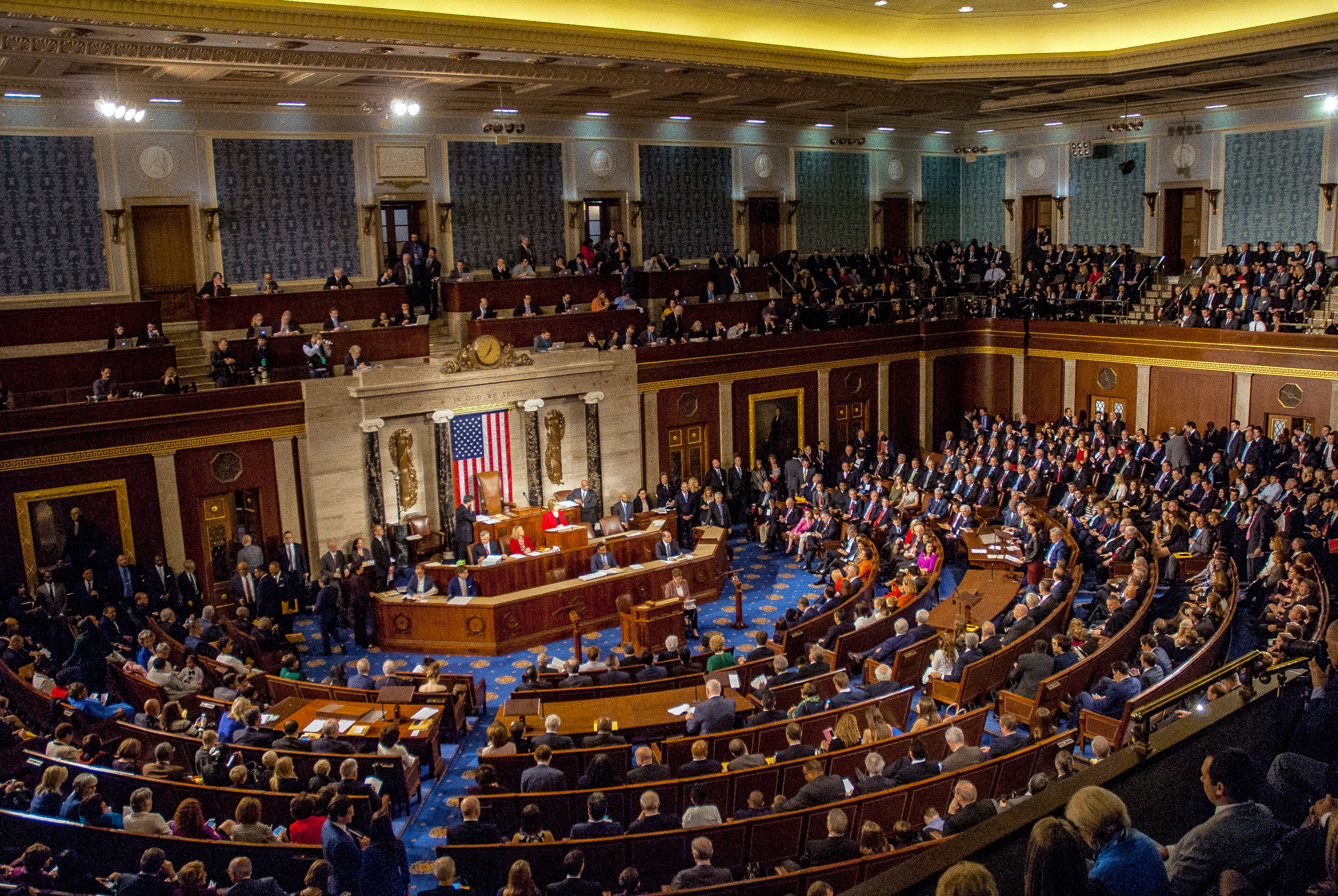The National Labor Relations Board (NLRB) decided a case on June 13 that revives the agency’s worker classification standard from 2014; i.e., that entrepreneurial activity is but one of ten factors used to determine whether the employer controls the worker/work product, and therefore the worker should be classified as an employee. Prior to this new case, the standard, laid out in SuperShuttle DFW, Inc., made entrepreneurial activity a key factor through which other factors should be viewed.
The case, Atlanta Opera, Inc., reinstates the agency’s worker classification standard as outlined in 2014 in FedEx Home Delivery. In 2019, during the Trump Administration, the standard had been changed (making it easier for a worker to be classified as an independent contractor) in SuperShuttle DFW, Inc.
Prospects: The Atlanta Opera standard is subject to judicial review and is sure to be challenged in court. Industry experts representing business groups predict the court (the DC Circuit Court of Appeals) will squash the Atlanta Opera standard, denying the NLRB the power to enforce its worker classification standard. Labor-allied experts disagree, saying that despite past DC Circuit opinions disfavoring the SuperShuttle standard, the current DC court is more aligned with U.S. Supreme Court precedent, which would favor the FedEx standard. It will certainly take months, if not a year or more, for the issue to be settled.
NAIFA Staff Contact: Michael Hedge – Senior Director – Government Relations, at mhedge@naifa.org.






.png?width=600&height=90&name=Support%20IFAPAC%20%20(600%20%C3%97%2090%20px).png)
